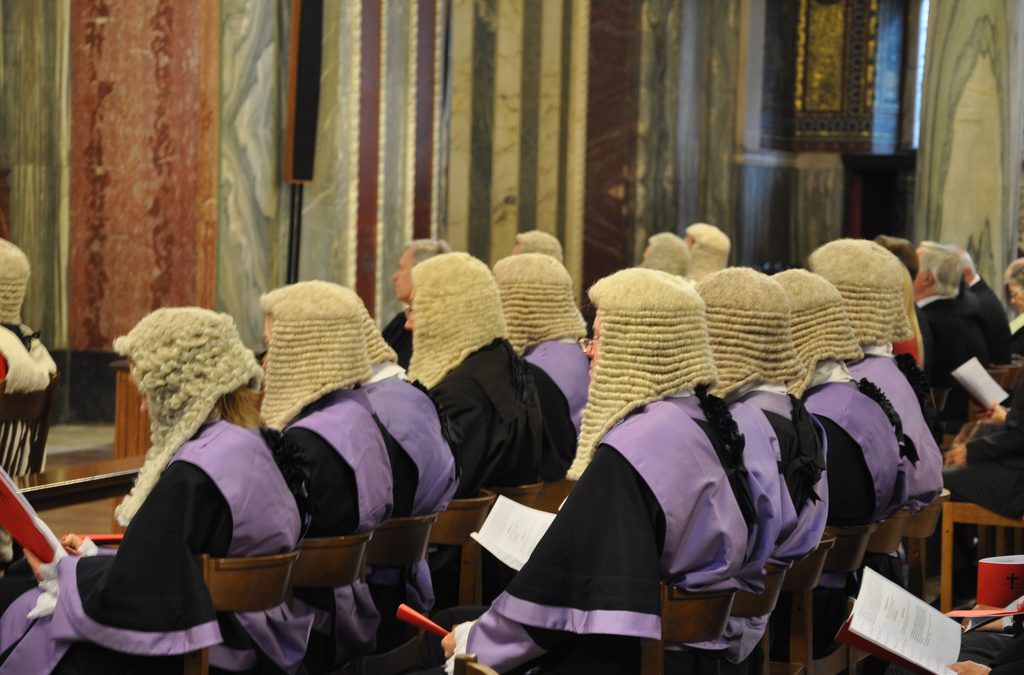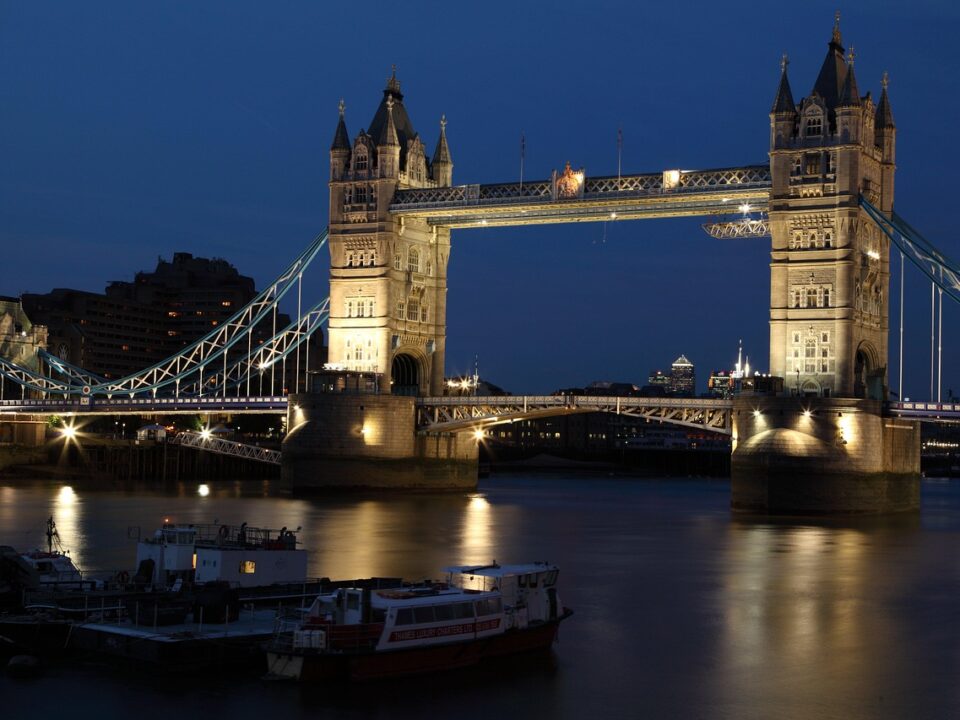
Is Trial by Jury Outdated?
May 31, 2013
Pros and Cons: The Accelerated GDL
June 6, 2013After trial in the criminal courts, if a defendant has been found guilty of an offence, convicted, and sentenced, he may appeal against his sentence if it is excessive, or against his conviction if it is unsafe. If, however, a party feels that there is a point of law which should be appealed, or a question of law which requires clarification, they can appeal to the High Court by way of case stated. This avenue of appeal is to challenge a decision made by either the Magistrates’ Court or Crown Court which had been made in an error of law. There are four main sources of guidance as to the procedure of appeals by case stated:
- Section 111 Magistrates’ Courts Act (MCA) 1980 (for decisions made by Magistrates’ Courts)
- Section 28 Senior Courts Act (SCA) 1981 (for decisions made by the Crown Court)
- Criminal Procedure Rules, Part 64 (for decisions made by both Magistrates’ and Crown Courts)
- Civil Procedure Rules, Part 52 (guidance on civil appeals).
When can decisions be appealed by case stated?
According to Section 111 MCA 1980, the following may be challenged by way of case stated:
- the decision as to conviction
- a court order
- determinations
- other court proceedings.
Examples of issues which could be challenged include:
- whether there a case to answer
- whether the decision reached was the correct one given the facts present
- whether admissible evidence was excluded
- whether inadmissible evidence was heard.
To which courts does appeal by way of case stated apply?
Appeals by case stated are considered by the High Court and it is an avenue open to both Magistrates’ Courts and the Crown Court.
On what grounds may a decision be challenged by way of case stated?
Section 111 MCA 1980 and Section 28 Senior Courts Act 1981 stipulate that there are two grounds upon which a decision may be challenged by case stated:
- if it was wrong in law, or
- if it was made in excess of jurisdiction.
Can a party ask the High Court to clarify a question of fact by case stated?
No. Case stated is limited to questions of law and jurisdiction.
Who can apply to have a case stated?
Both Section 111 MCA 1980 and Section 28 SCA 1981 provide that an individual who was a party to any proceeding may apply to have a case stated; thus this includes both prosecution and defence.
The procedure for case stated
When a party wishes to have a case stated to the High Court, the first step is to make an application to the magistrates or the appropriate officer of the Crown Court, depending upon which court’s decision is to be challenged. In either case, Part 64 of the Criminal Procedure Rules provides that such an application must be made within 21 days of the decision. In the Magistrates’ Court, this time limit is strict. There is slightly more flexibility with applications to the Crown Court as this time limit can be extended. The application must be served on the court and all parties.
The application to the court to state a case must identify the point of law on which the High Court’s opinion is sought.
It is important to note that if an individual makes an application to the magistrates to state his case to the High Court, he loses the right of appeal to the Crown Court.
Representations in response to the application may be made by any party, but must be made within 14 days of the application, and must be served on the court and the other side.
What if the magistrates refuse to state a case?
The magistrates can refuse to state a case if they believe it to be facetious. If they consider this to be the case, the magistrates must issue the applicant with a certificate stipulating the refusal of his application.
What should the statement of case include?
The statement of a case stated should include the following:
- the facts of the case as found by the magistrates (but not the evidence)
- the charges heard by the magistrates
- representations or issues raised by either party relating to points of law or jurisdiction throughout the proceedings and any authorities referenced
- the magistrates’ decision
- the question of law upon which the opinion of the High Court is sought.
Who drafts the statement of case?
After the application to the magistrates has been approved, it is the magistrates’ clerk who drafts the statement of case. With applications to the Crown Court, it is the applicant who drafts the statement of case (Criminal Procedure Rules, r. 64.3 (3)(b)).
What happens after the statement of case has been drafted?
With Magistrates’ Courts applications, the statement of case is sent to the applicant or his solicitor. With Crown Court applications, the applicant must serve the draft case on the court officer and each other party. It must then be delivered to the Administrative Court Office within ten days. The Administrative Court is part of the High Court and falls within the Queen’s Bench Division of the High Court.
The hearing of the appeal
Much like a full judicial review hearing, the hearing of an appeal by way of case stated is a legal argument and relies on the facts as found by the court in the original hearing.
What powers are available to the High Court?
By virtue of Section 28A Senior Courts Act 1981, upon hearing an appeal by way of case stated, the High Court may:
- reverse the decision
- affirm the decision
- amend the decision, or
- order a rehearing.





